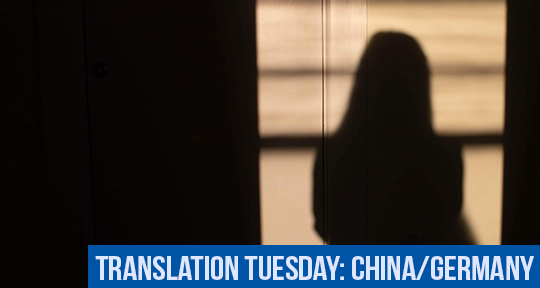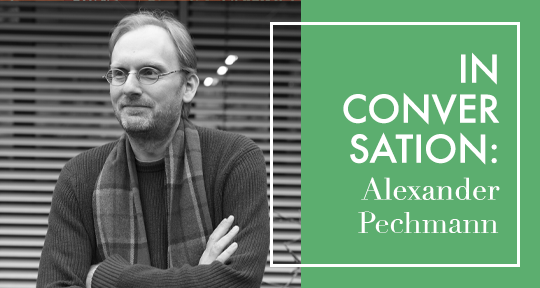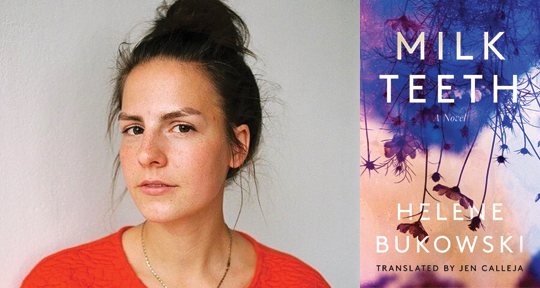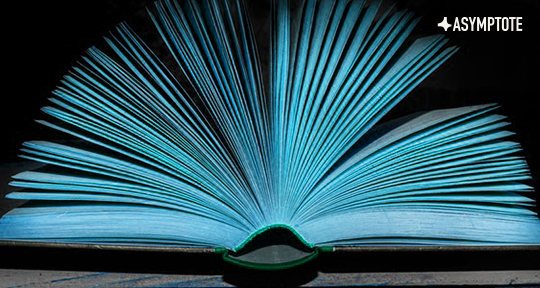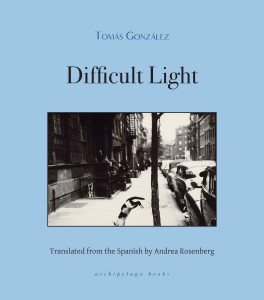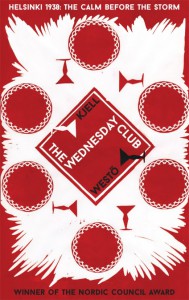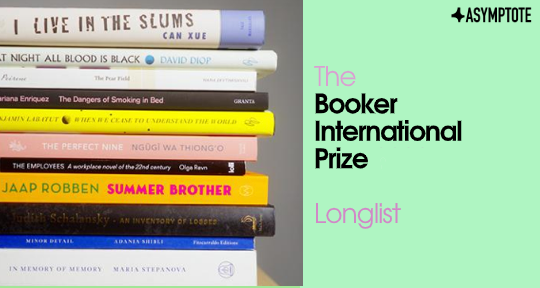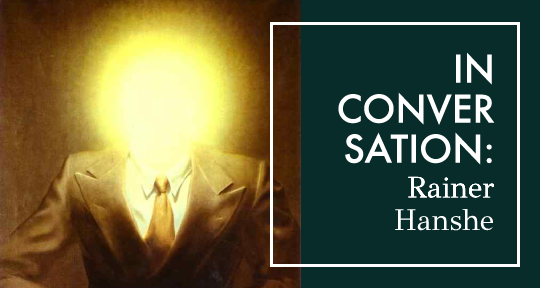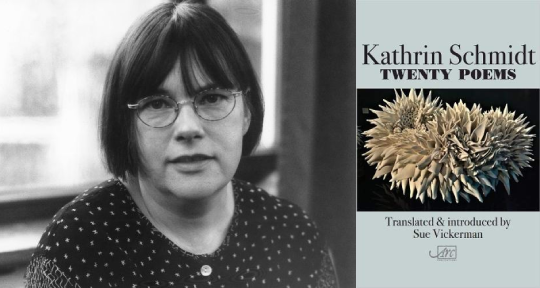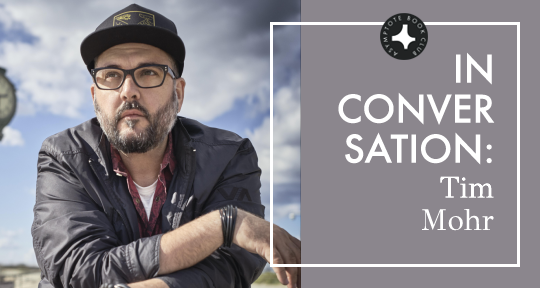This Translation Tuesday, we bring to you a four-part impressionistic poem translated and written by Yu Müller. Instead of yielding to the seeming untranslatability of the palindrome in Chinese, Müller’s act of self-translation invents a curious way out of the original poem’s stubbornness towards any attempted act of linguistic border-crossing. As the English’s double translation would have it: when one has “agreed to write poems,” they should have “no worries about poetry”—for it can be infinite malleable. Hear from Müller as she describes how the poem arose from a pedagogical encounter, which in turn teaches us what creative acts of translation can achieve.
“Stranger’s Life” is a series of poems that hold a special place in my heart. While teaching, I wrote Chinese on the white board, and when my eyes were forced to look at them backwards, it felt like tracing back the words to another reality from a different perspective. That’s when I indulged myself in collecting those altered palindromic words in Chinese and composing poems. However, in the attempt to translate them into English, translation became inadequate because it is impossible to retain the original form of the altered palindrome style from Chinese. As a compromise, I provided two ways of reading the poems in English—left to right and top to bottom and then backwards, but one can try to read them in a “zigzag” or “S-shaped” manner as well.”
—Yu Müller
Stranger’s Life
i
adult and me
agreed to write poems—
after car moves, then make faraway departure
sentimental Shanxi
family members get tough on you
what if I
steep myself in liquor on the Broken Bridge
and write books abroad in heartaches
listen
to the singing of boys and girls
an ode to each other while young
the Tomb Sweeping Day
bringing debut homage to the grave mound
wind sweeps
rain pours
snow buries
are you afraid?
—
afraid of you?
Great Snow
heavy rain
gale
turn around at the grave mound
moral integrity of Ming & Qing dynasty
teenagers who sing praises to each other
chanting girls and boys
listen
I don’t want
you to make things difficult for others
West Mountain’s sentimentality
walk far, then start driving
—no worries about poetry
me and the People’s Congress

